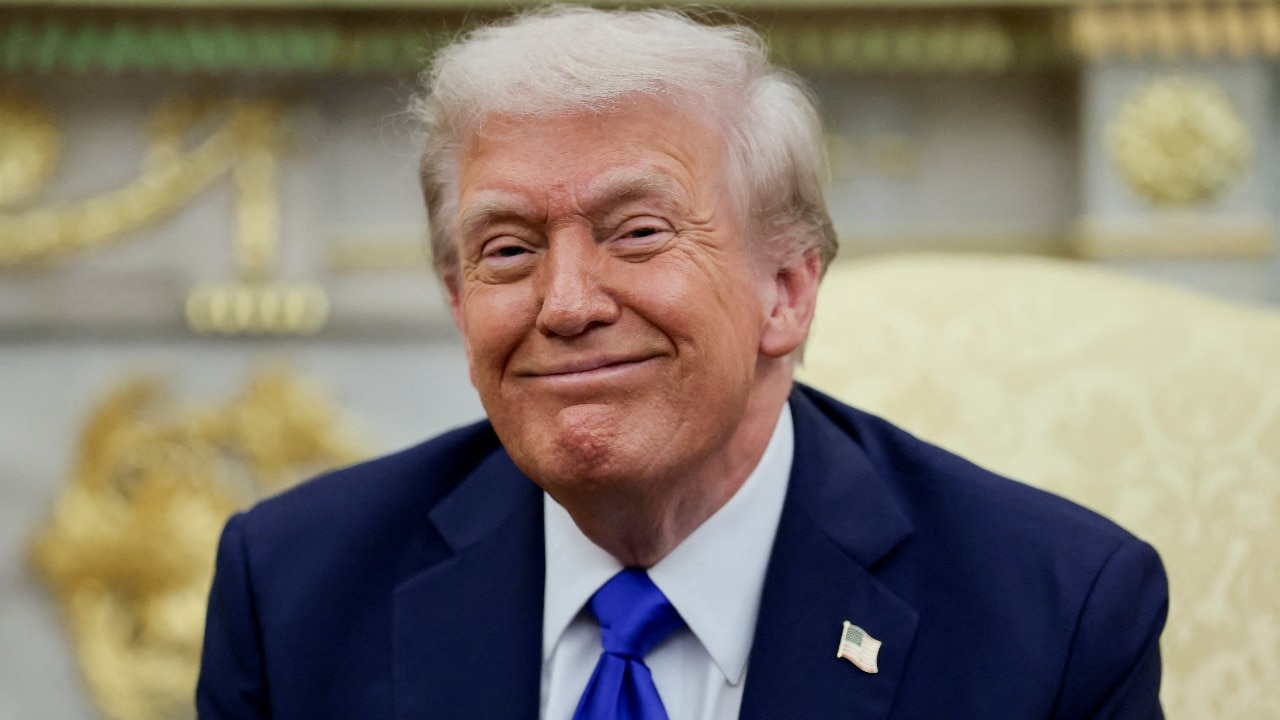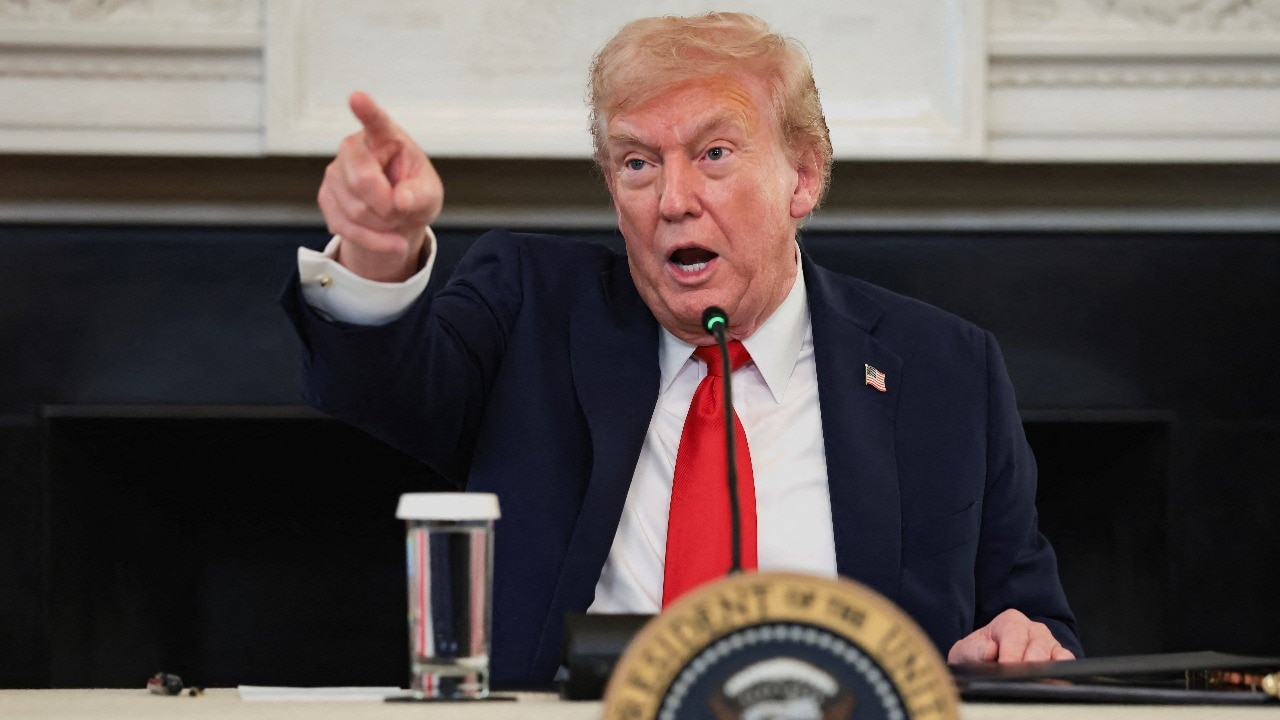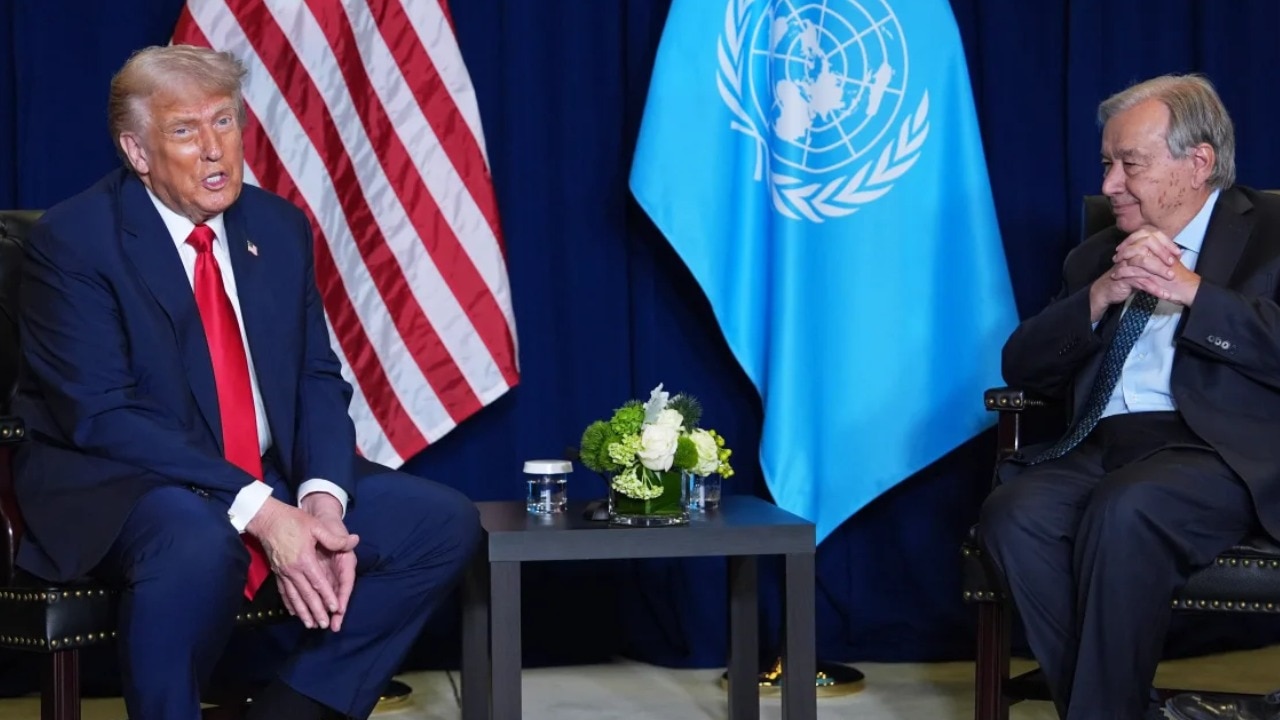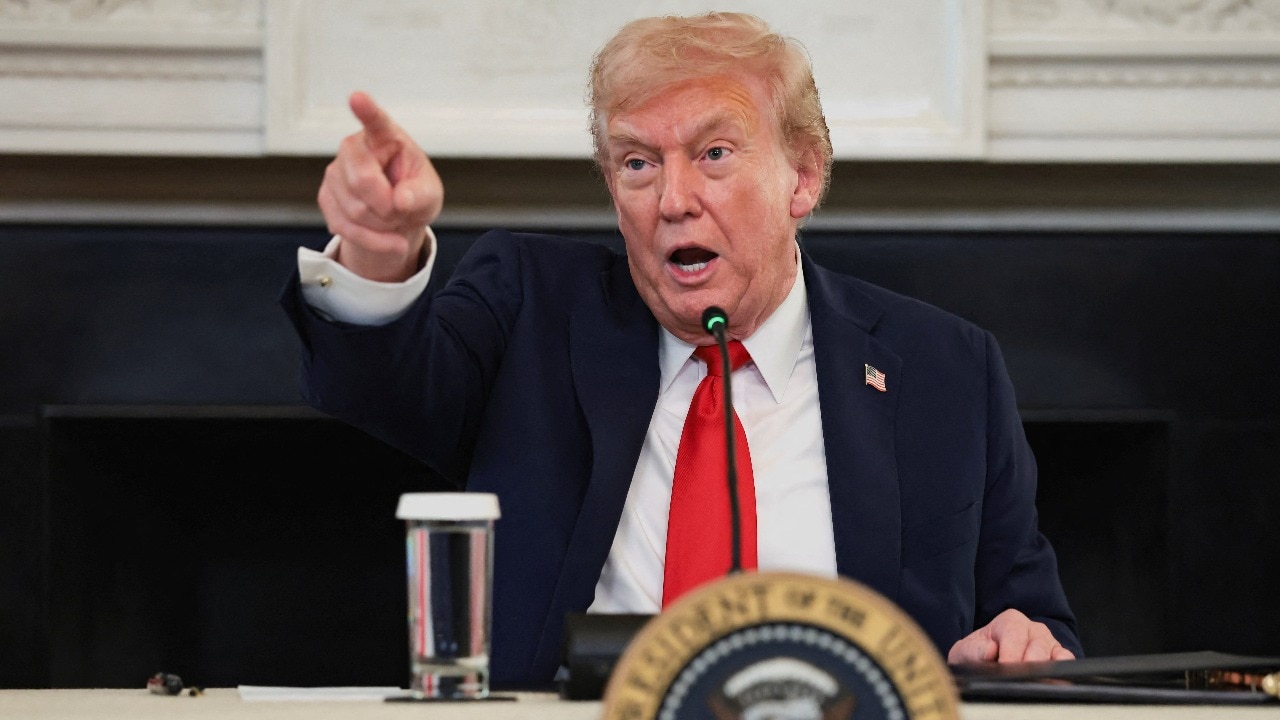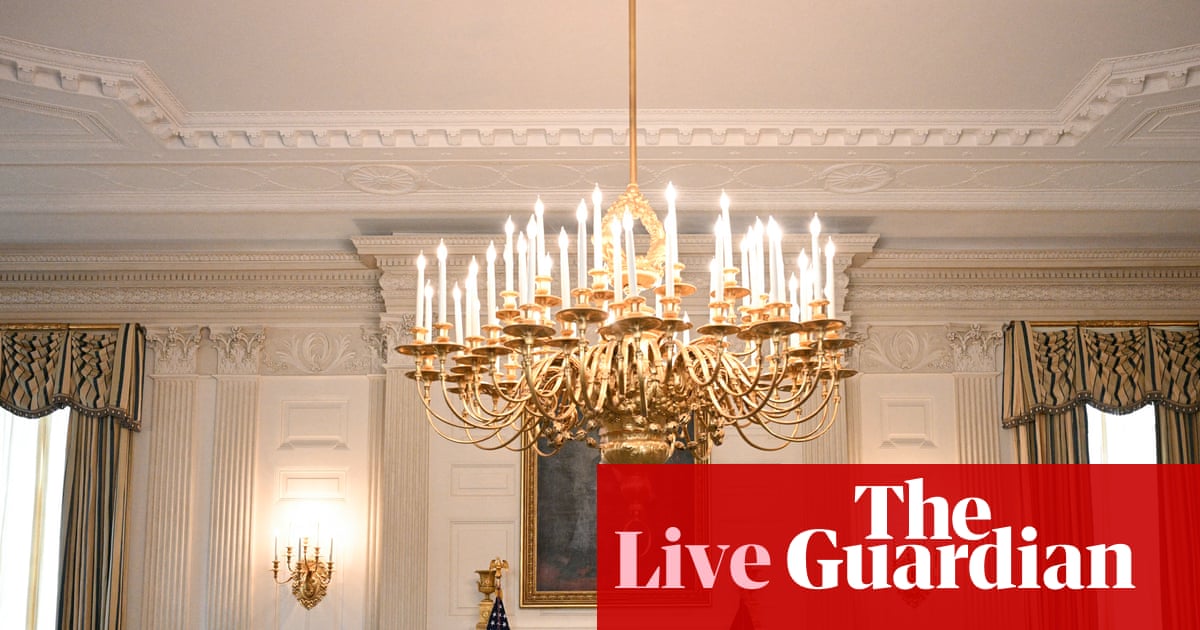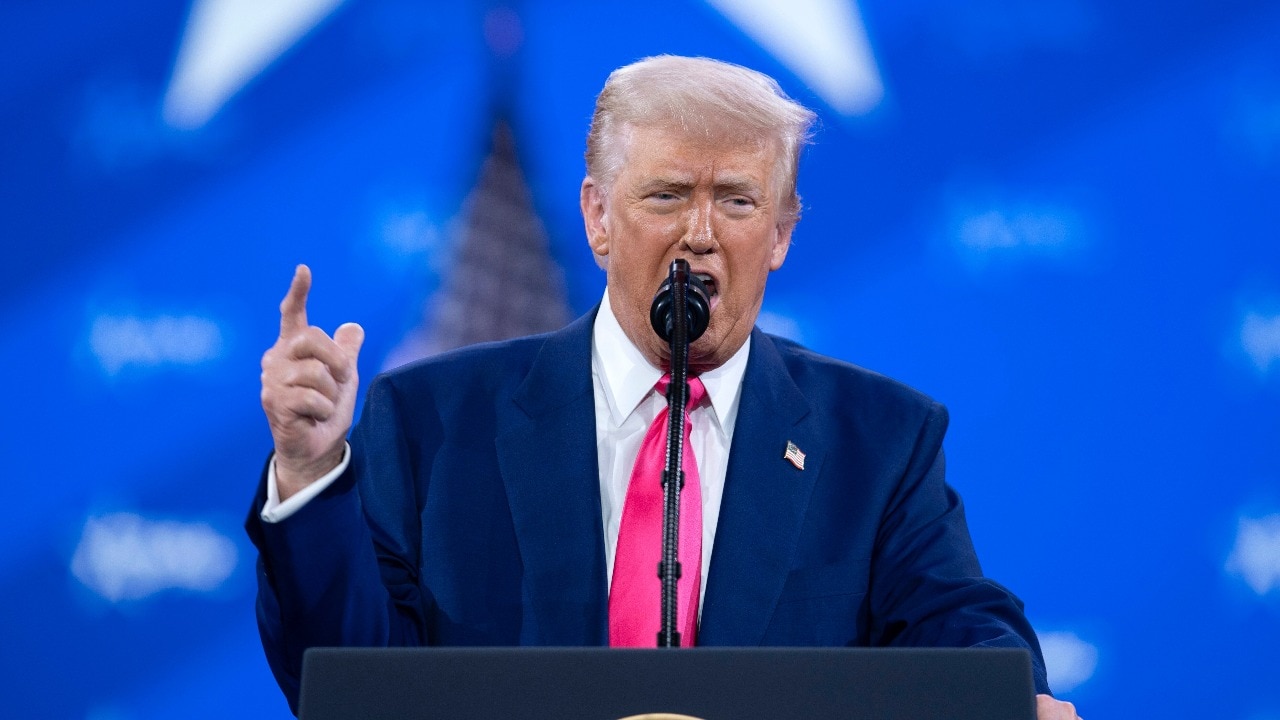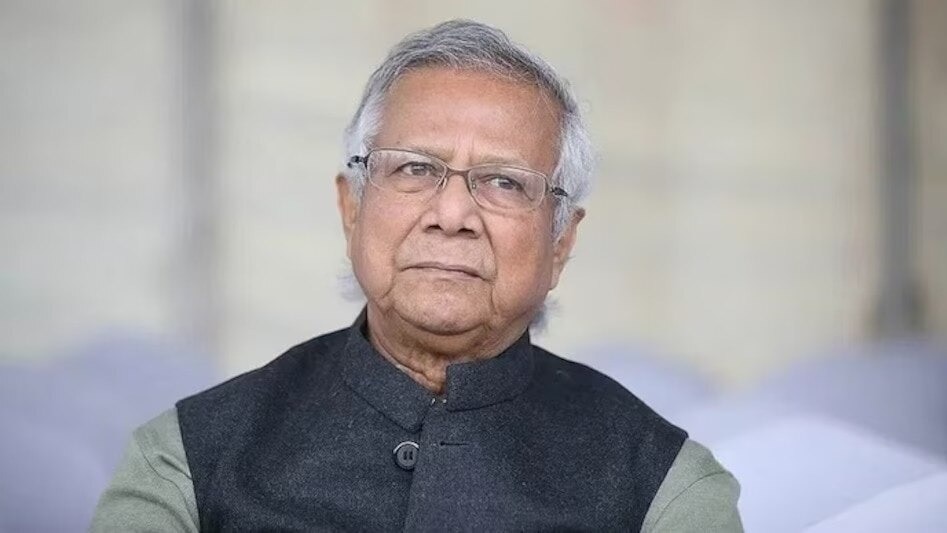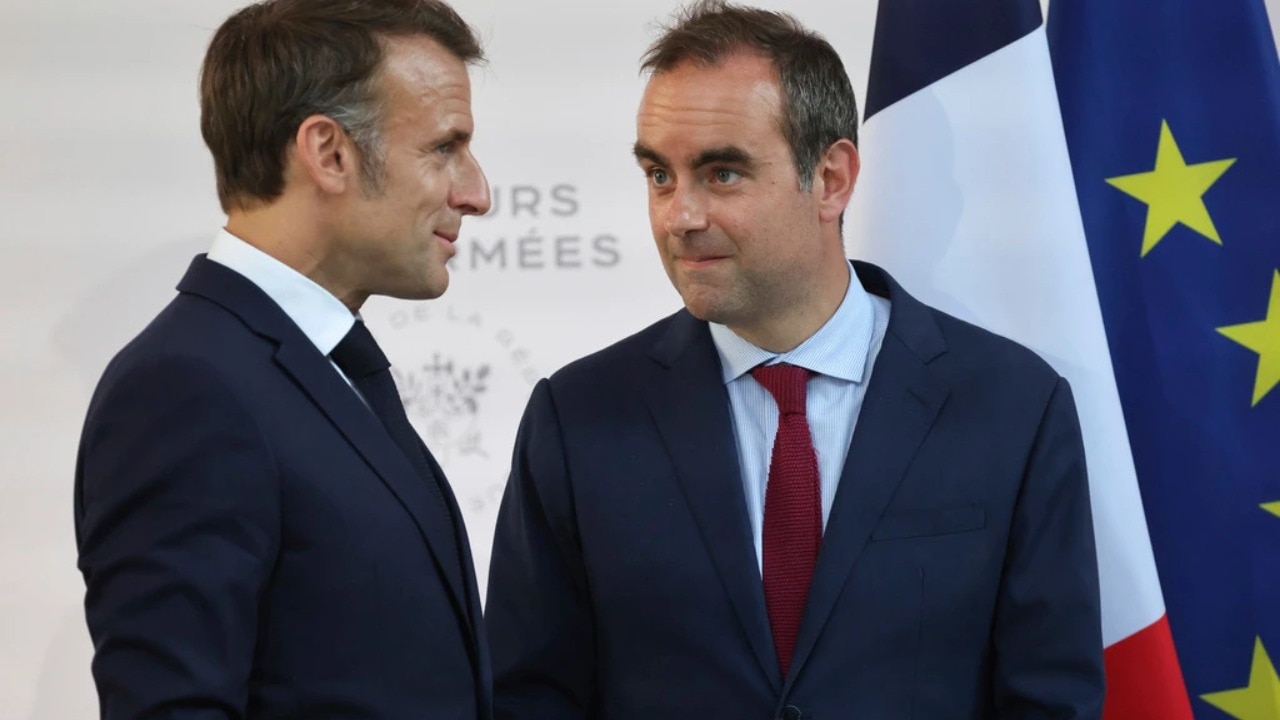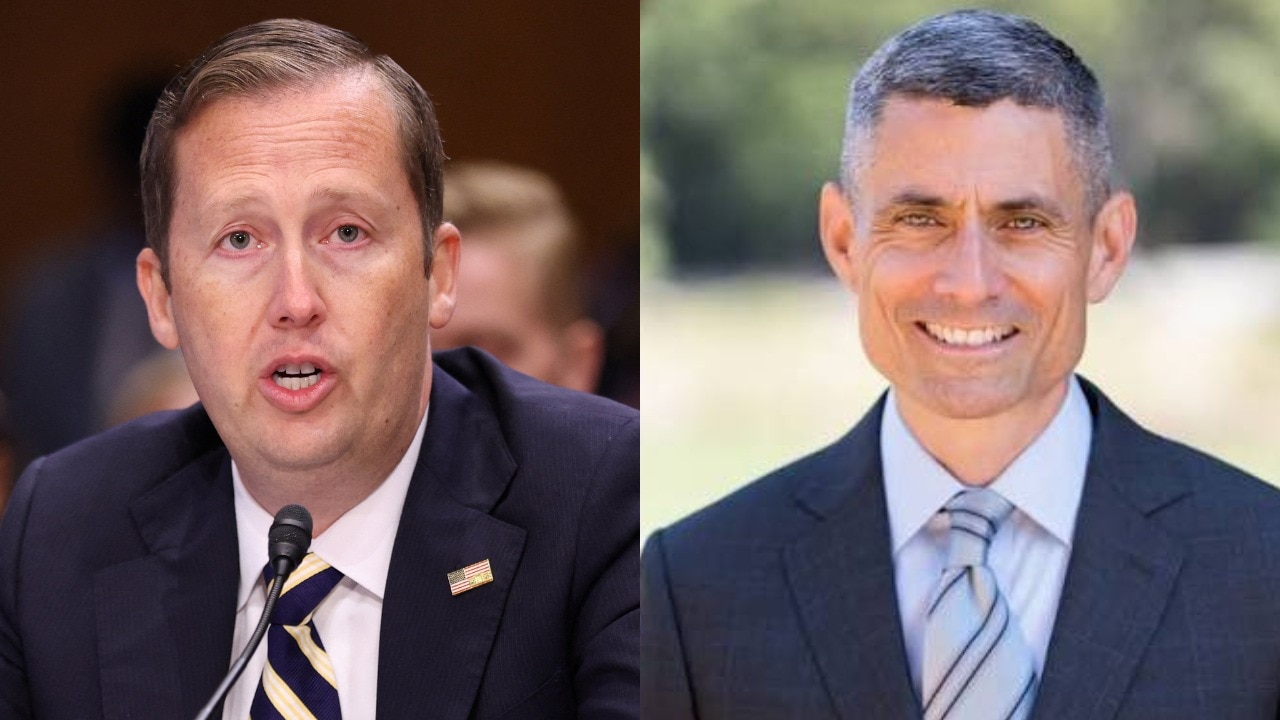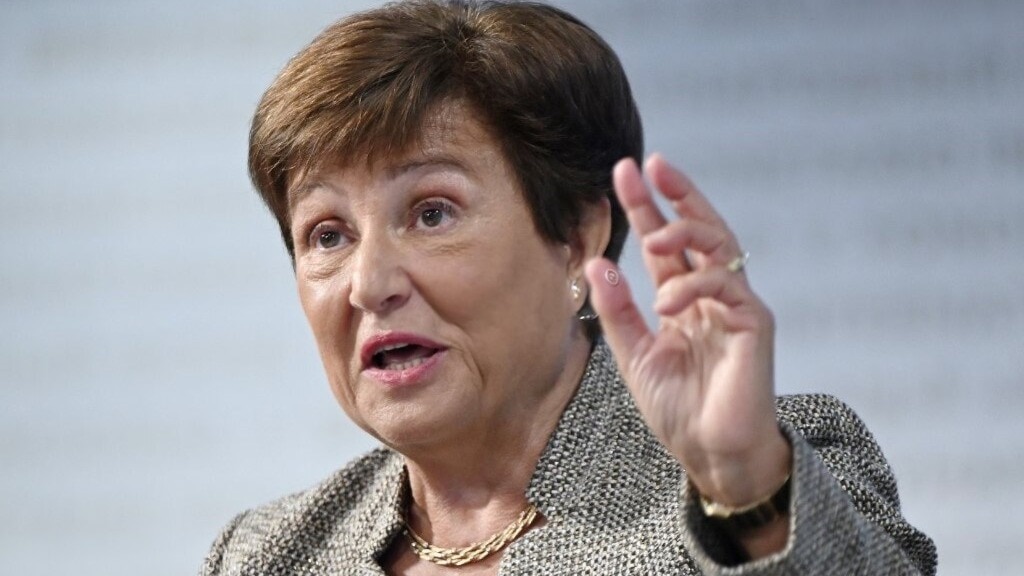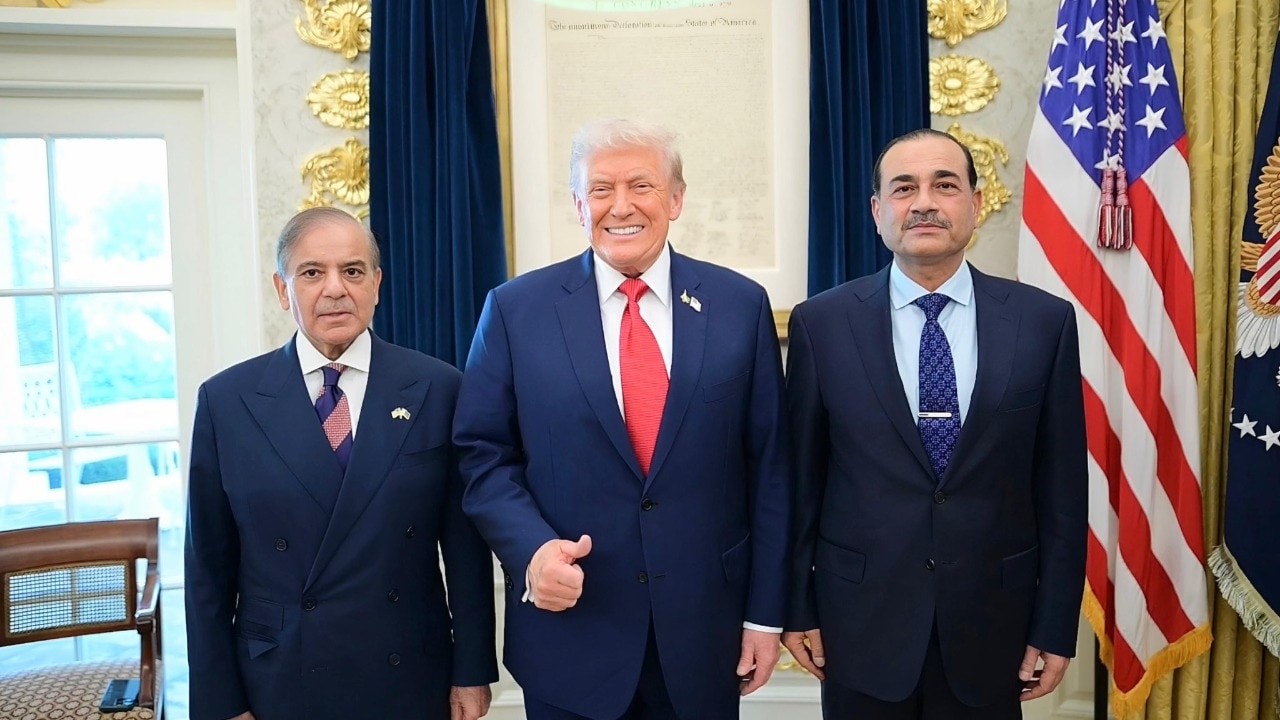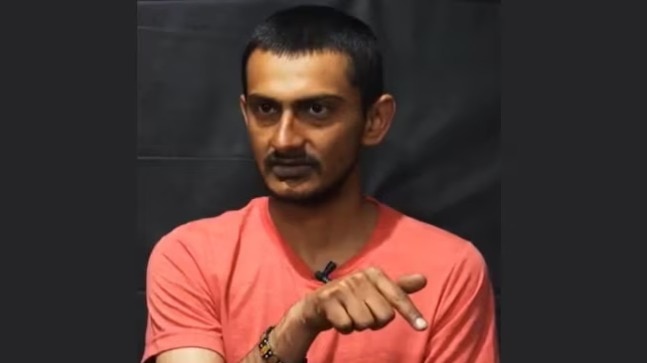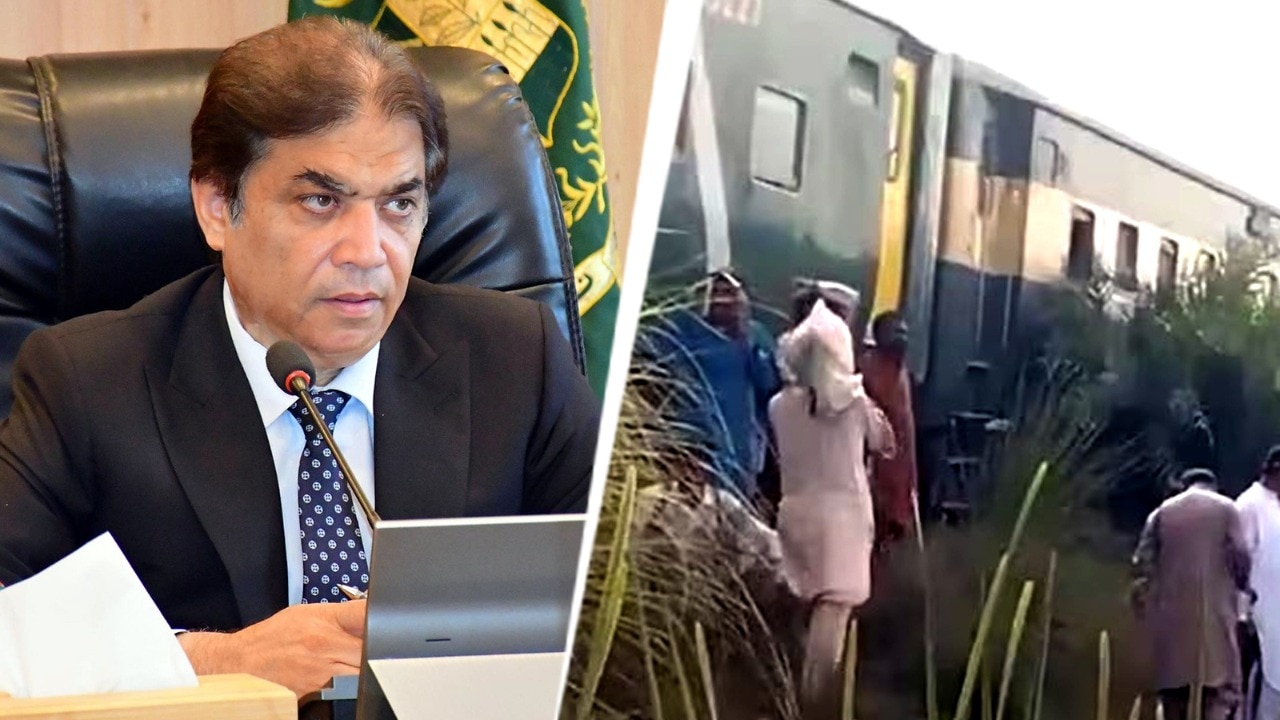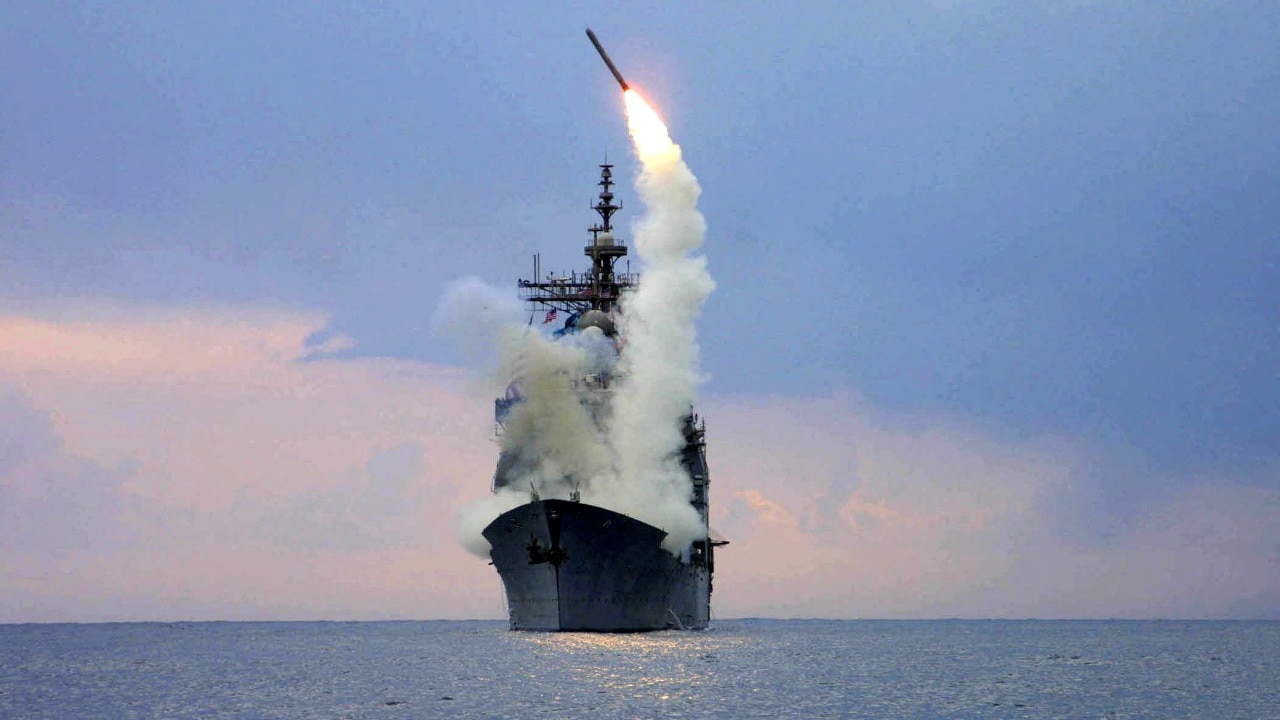Last Updated:August 11, 2025, 11:10 IST
Australia will formalise recognition of Palestine at the UN General Assembly in September, joining France, the UK, Canada, and others in a new wave of international support

Members of the Palestine Action Group gather ahead of a rally in Sydney, Australia. (File photo/REUTERS)
After nearly two years of conflict between Israel and Hamas, in which more than 60,000 people have been killed in Gaza, several countries have recently announced plans to recognise a Palestinian state. On Monday, Australia became the latest to make the announcement, joining France, the United Kingdom and Canada in declaring their intention to extend formal recognition in the coming months.
While more than three-quarters of United Nations member states already recognise Palestine, this is the first time some members of the Group of Seven (G7) and other Western powers have signalled such a move. Others, including the United States, Israel, Japan, Germany, and Italy, remain opposed to recognition, maintaining that Palestinian statehood should be achieved only through direct negotiations.
Here’s a detailed look at Australia’s decision, other recent announcements, the countries that already recognise Palestine, and the history behind the recognition push.
Australia Becomes Latest To Back Palestinian Statehood
Prime Minister Anthony Albanese said on Monday that Australia will recognise a state of Palestine in September at the United Nations General Assembly. The decision follows weeks of urging from within his Cabinet and from many in Australia, amid growing criticism from officials in his government over the suffering and starvation in Gaza.
The move comes as the Australian government has condemned plans announced in recent days by Israeli Prime Minister Benjamin Netanyahu for a sweeping new military offensive in Gaza.
Albanese told reporters after a Cabinet meeting that Australia’s recognition would be “predicated on commitments Australia has received from the Palestinian Authority". These commitments include no role for Hamas in a Palestinian government, demilitarisation of Gaza, and the holding of elections.
“A two-state solution is humanity’s best hope to break the cycle of violence in the Middle East and to bring an end to the conflict, suffering and starvation in Gaza," he said. “This is an opportunity to deliver self-determination for the people of Palestine in a way that isolates Hamas, disarms it and drives it out of the region once and for all."
Foreign Minister Penny Wong said there was “much more work to do in building a Palestinian state" and that “the practical implementation of our recognition will be tied to progress on these commitments".
France, UK, Canada Also Announce Recognition Plans
Australia’s announcement follows similar moves by other major powers. France was the first G7 country to declare it would recognise Palestine at the UN General Assembly in September. President Emmanuel Macron had signalled as early as June that recognition could come within months, adding that some Middle Eastern countries could, in turn, formally recognise Israel. The Palestinian Authority described the move as “a step in the right direction".
The United Kingdom has said it will proceed with recognition unless Israel agrees to a ceasefire in Gaza with Hamas and takes further steps to allow more humanitarian aid into the enclave. Canada’s position mirrors Australia’s, making its recognition conditional on Palestinian Authority reforms, including democratic elections in 2026 that exclude Hamas.
These announcements mark the first time members of the G7, which also includes Germany, Italy, Japan and the US, have taken concrete steps towards recognising Palestinian statehood. Germany, Italy and Japan remain holdouts, though Germany recently said it would suspend arms exports to Israel over its plans to expand fighting in Gaza.
Other Countries Pledging Support In September
Several other nations have confirmed they will recognise or support recognition of Palestine at the UN General Assembly next month. Malta has said it will vote in favour, while Portugal and Luxembourg have issued a joint statement calling for the revival of a two-state solution.
In July, a high-level UN conference co-chaired by France and Saudi Arabia saw at least 125 countries endorse the “New York Declaration", which urged Israel to commit to establishing a Palestinian state. The plan called for Hamas to end its rule in Gaza and hand over weapons to the Palestinian Authority once a ceasefire is reached.
Nations That Have Already Recognised Palestine
While the latest announcements have drawn headlines, the majority of the world already recognises Palestine. A total of 147 out of the 193 UN member states — more than three-quarters — have formally extended recognition, along with the Holy See (the governing body of the Catholic Church and sovereign entity of Vatican City, which holds UN observer status).
This includes major countries such as India, China, Spain, Ireland and Norway, as well as most nations in Africa, Asia, Latin America and the Arab world. By 2011, all African countries except Eritrea and Cameroon had recognised Palestine.
In 2024, 10 countries formally joined the list, including Mexico, Armenia, Slovenia, and the three European nations — Ireland, Norway, and Spain — that recognised Palestine according to the pre-1967 borders with East Jerusalem as its capital, prompting Israel to recall ambassadors from the three countries. Slovenia followed suit in June 2024.
Countries That Will Recognise Palestine In September
These countries have announced plans to formally recognise Palestine at the UNGA in September 2025:
Australia – Conditional on Palestinian Authority commitments, including no Hamas role, demilitarisation, and elections.
France – Recognition announced by President Emmanuel Macron.
United Kingdom – Recognition unless Israel agrees to a ceasefire and increases humanitarian aid to Gaza.
Canada – Conditional on Palestinian Authority reforms and 2026 elections without Hamas.
Once these are formalised, the total number of recognisers would rise to 151.
What Recognition Means Under Law
Under the 1933 Montevideo Convention, a sovereign state is defined as having a permanent population, a defined territory, an effective government, and the capacity to enter into international relations. While recognition by other states is not a formal legal requirement for statehood, it is often necessary for engaging fully in international diplomacy and treaties.
In the case of Palestine, recognition by other countries acknowledges its claim to sovereignty and allows for the establishment of formal diplomatic relations. According to the Australian Palestine Advocacy Network, recognition would involve “establishing a formal diplomatic relationship with Palestine". However, recognition does not in itself grant full control over territory or end ongoing conflicts, as practical sovereignty depends on political and security conditions on the ground.
A Brief History Of Palestinian Recognition
The State of Palestine was proclaimed on November 15, 1988, during the first Intifada by Palestine Liberation Organisation chairman Yasser Arafat, with Jerusalem as its capital. More than 80 countries recognised it soon after, with strong support from the Global South.
In 2012, the UN General Assembly voted 138-9 to upgrade Palestine’s status to “non-member observer state". Two years later, Sweden became the first Western European nation to recognise it.
In May 2024, Norway, Ireland and Spain announced recognition, followed by Slovenia in June. These moves, combined with the recent announcements by Australia, France, the UK and Canada, mark the biggest shift among Western powers in decades.
The News Desk is a team of passionate editors and writers who break and analyse the most important events unfolding in India and abroad. From live updates to exclusive reports to in-depth explainers, the Desk d...Read More
The News Desk is a team of passionate editors and writers who break and analyse the most important events unfolding in India and abroad. From live updates to exclusive reports to in-depth explainers, the Desk d...
Read More
August 11, 2025, 10:47 IST
News explainers Australia To Recognise Palestinian State: Which Other Countries Are Backing Statehood?
Disclaimer: Comments reflect users’ views, not News18’s. Please keep discussions respectful and constructive. Abusive, defamatory, or illegal comments will be removed. News18 may disable any comment at its discretion. By posting, you agree to our Terms of Use and Privacy Policy.
Read More

 1 month ago
1 month ago

